From advocating for reproductive justice to revitalizing the Oneida language, fifteen graduate students aim to engage the public through Connaught PhDs for Public Impact Fellowship Program
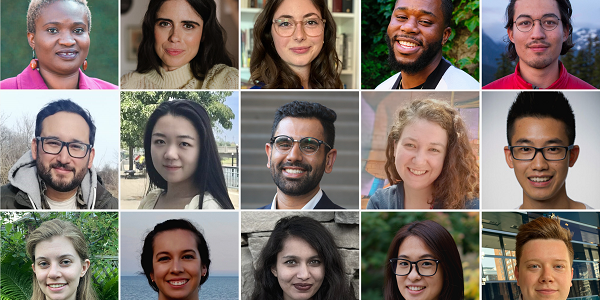
Top row (from L): Wumi Asubiaro Dada; Olivia Doggett; Madalyn Hay; Travonne Edwards; Robert Masaki Hechler
Middle row (from L): Juan Carlos Jimenez; Yanfei Lu; Joseph Sebastian; Sophie Marois; Ben Li
Bottom row (from L): Markelle Morphet; Shanna Peltier; Farah Tahsin; Michelle WY Tam; Ryan Marks.
Published: June 5, 2023
Michelle Tam wants to help expand access to assisted reproductive technologies (ART) – like in vitro fertilization, intrauterine insemination, and surrogacy – for 2SLGBTQIA+ BIPOC communities. Although about 25% of fertility clinic users identify as 2SLGBTQIA+, it’s an issue that has received scant research attention.
Tam, who is pursuing a PhD in Public Health Sciences at the Dalla Lana School of Public Health, is one of fifteen graduate students who have been awarded a Connaught PhDs for Public Impact Fellowship for 2023-24.
The program, which was launched in Fall 2022, aims to support doctoral students who are looking to make a public impact with their research. Each fellow will be awarded a fellowship and additional monetary support towards professional development and project expenses. Over the course of the 2023-24 academic year, fellows will participate in various professional development and networking opportunities, ending their year-long fellowship with a presentation at an annual showcase.
“Graduate students at the University of Toronto are working to address some of the most pressing issues of our time,” says Kelly Lyons, Acting Vice-Dean, Research and Program Innovation at the School of Graduate Studies, who oversees the fellowship program. “With the Connaught PhDs for Public Impact Fellowship, we want to give them the right preparation and support to reach the people who will benefit from their research.”
Tam, who has an academic background in reproductive research as well as gender studies, is using a reproductive justice framework to understand how 2SLGBTQIA+ BIPOC individuals make decisions pertaining to ART. “Reproductive decisions are connected to the person holistically,” she explains. “When we make a reproductive decision, it’s not just about whether we can access it. There are also components of structural experiences, like race, class, gender, sexuality, and health status that matter.”
Tam’s participants reported several barriers to accessing ART, including inconsistent clinical practices (like a lack of trans-inclusive care and presumptions of heterosexuality), gatekeeping in the form of mandatory counselling, and lack of access to BIPOC sperm, as well as regulations surrounding non-partner donor sperm. Additional factors, such as prior negative experiences with the health care system, non-standardization of practices across different clinics, and geographical proximity to community also affect reproductive decisions.
She is planning to use her Connaught term to mobilize her research and create resources for both service providers as well as BIPOC and queer community members.
“For me, ontologically, scholarship and activism are the same,” says Tam, who in 2020 served as an expert witness in a successful constitutional challenge to the definition of “parent” under the Manitoba Family Maintenance Act. (Previously, the law had required the non-gestational parent in a same-sex family unit to adopt their partner’s biological child.)
“My activism informs my scholarship and my scholarship informs my activism, because a lot of my work comes from community-based knowledges and experiences,” reflects Tam. So my research has to give back.”
Meet the 2023-24 Connaught PhDs for Public Impact Fellows
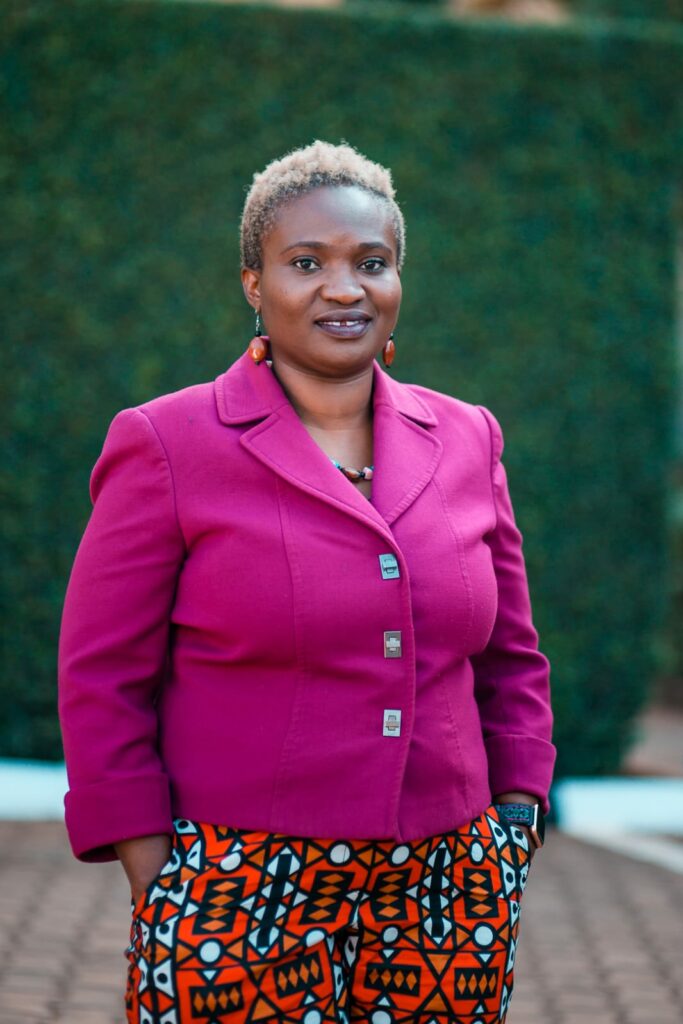
Wumi Asubiaro Dada is a PhD candidate at the Centre for Criminology & Sociolegal Studies (Faculty of Arts & Science). Using a decolonial feminist lens, her research examines women’s practices for preventing conflict in the Nigerian state of Kaduna, with the aim of fostering women’s inclusion in governmental peacebuilding projects. Wumi is supervised by Professor Kamari Clarke.
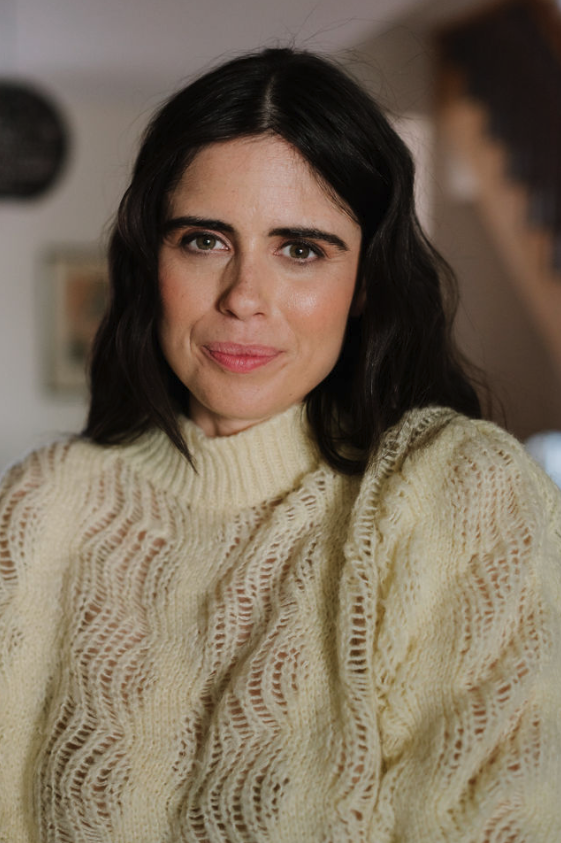
Olivia Doggett is a doctoral candidate at the Faculty of Information. Situated at the intersection of Human Computer Interaction and critical social sciences, Olivia’s research aims to understand the impact of agricultural technologies on migrant farm workers in Canada. The goal of her research is to explore technological and policy solutions that can support both sustainability and equitable forms of migrant labor. Olivia is supervised by Associate Professor Matt Ratto.
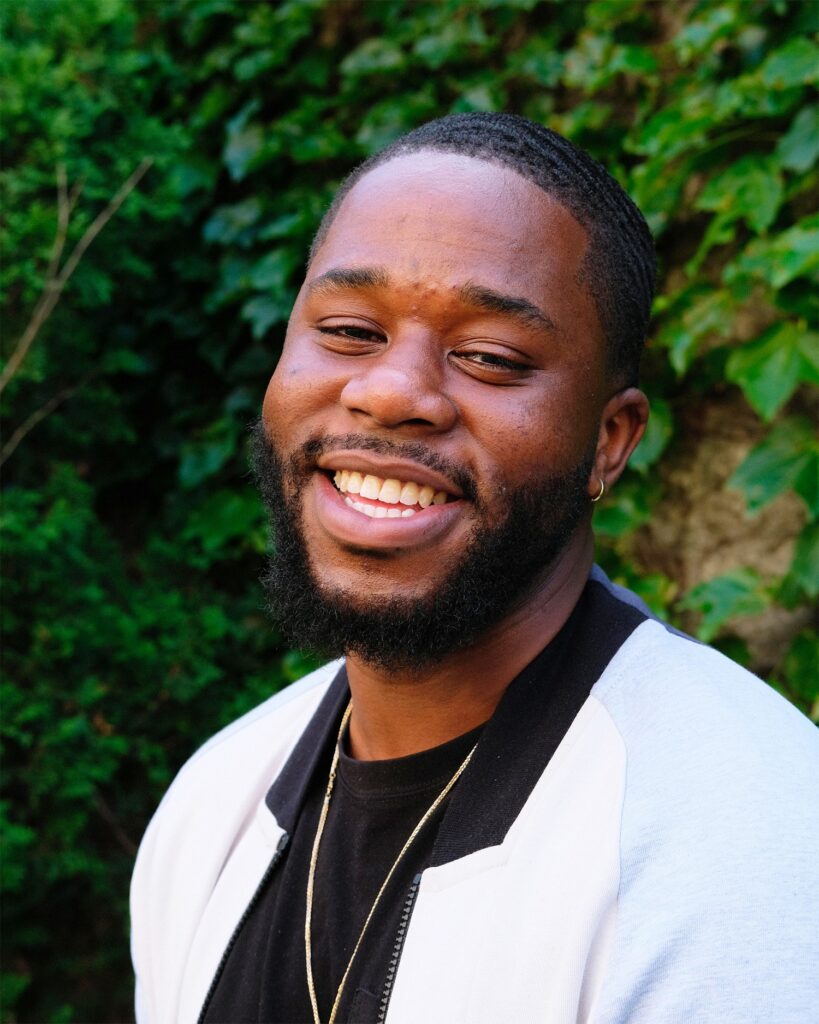
Travonne Edwards is a fifth-year PhD candidate in the Factor-Inwentash Faculty of Social Work whose research examines the impact of unnecessary child maltreatment investigations on Black families through the perspectives of child protection workers. Travonne’s work aims to collect qualitative data that shows the impact of disproportionate investigations on Black families and to use the data to improve policy and practice across child welfare and allied systems. He is supervised by Professor Barbara Fallon and Associate Professor Bryn King.
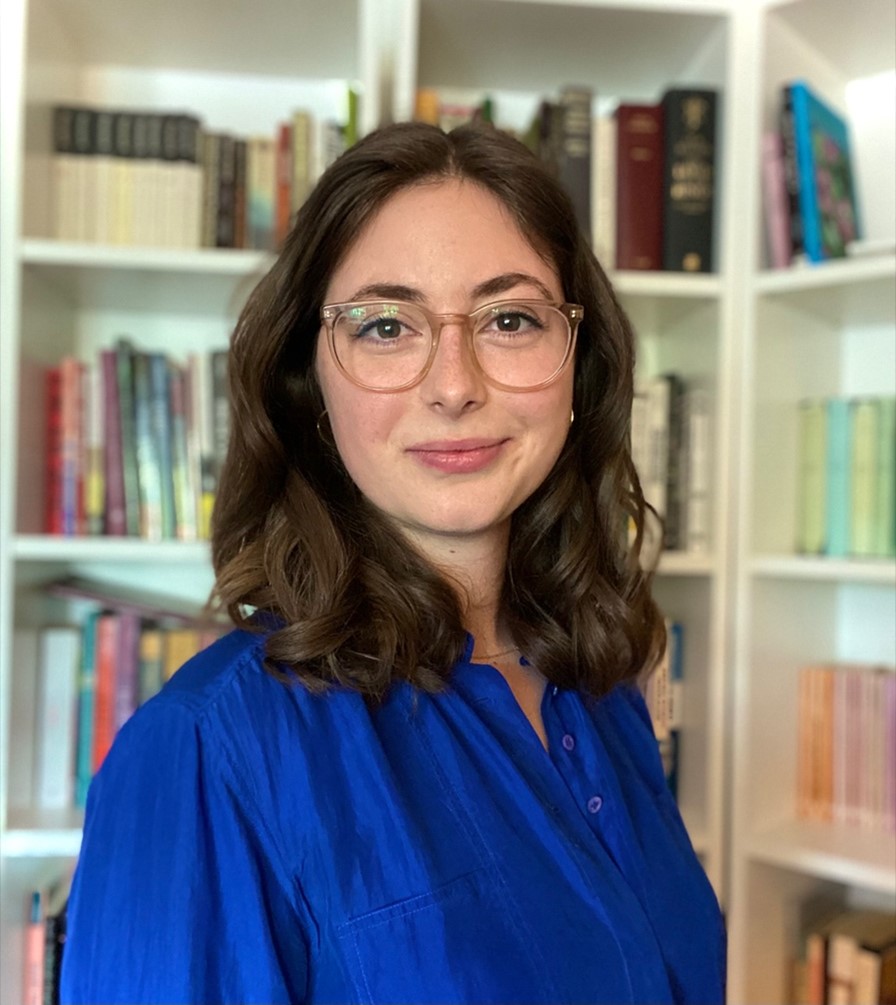
Madalyn Hay is a PhD student in the Department of Political Science. Madalyn’s dissertation asks how Community Land Trusts (or CLTs) can promote social solidarity and participatory democracy. Her research aims to further the role of CLTs in responsible urban development by investigating their sociopolitical effects in addition to their economic benefits. Madalyn is supervised by Professor Margaret Kohn.

Robert Masaki Hechler is a PhD student in the Department of Ecology and Evolutionary Biology. His research uses genomic biomonitoring methods to examine the impact of logging on Pacific salmon populations. This new technique, which uses environmental (e)RNA, offers a non-invasive method for assessing species health. Robert is supervised by Associate Professor Martin Krkosek.
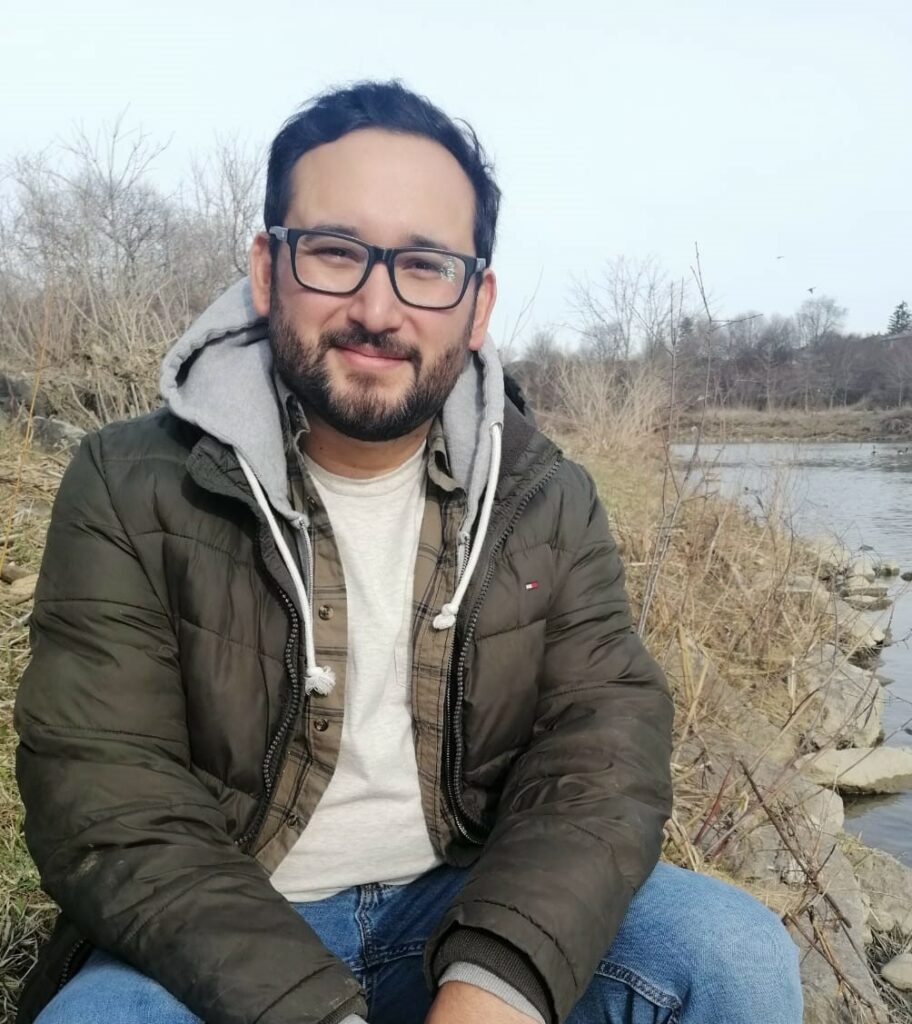
Juan Carlos Jimenez is a PhD student in the Department of Geography and Planning. His research examines the migration of young people from rural locations in El Salvador, paying special attention to the effects of post-war economic development, climate change, and agrarian transformations. As a community-based researcher, Juan Carlos is working with youth collectives to create art pieces that speak to the global processes impacting youth livelihoods, with the ultimate goal of catalyzing community action. His work is supervised by Associate Professors Ryan Isakson and Christian Abizaid.
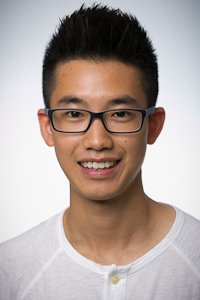
Ben Li is a vascular surgery resident and PhD student at the Institute of Medical Science. His research focuses on using machine learning algorithms to predict outcomes in patients undergoing major vascular surgery. Ben’s supervisor is Dr. Mohammed Al-Omran.

Yanfei Lu is a PhD student in the Department of Linguistics whose research focuses on revitalizing and documenting the endangered North American language, Oneida. Yanfei is currently collaborating with the Twatati Adult Oneida Immersion program and the Indigenous Languages Technology project team at the National Research Council of Canada (NRC) to develop a digital verb conjugator to help adult learners acquire Oneida more efficiently. She is supervised by Professor Keren Rice.

Ryan Marks is a PhD candidate in Molecular Genetics at the Hospital for Sick Children.His research focuses on developing translational applications of CRISPR-mediated genome editing for the treatment of paediatric neuromuscular conditions, with a primary interest in Duchenne muscular dystrophy. His work is supervised by Dr. Ronald Cohn and Dr. Zhenya Ivakine.
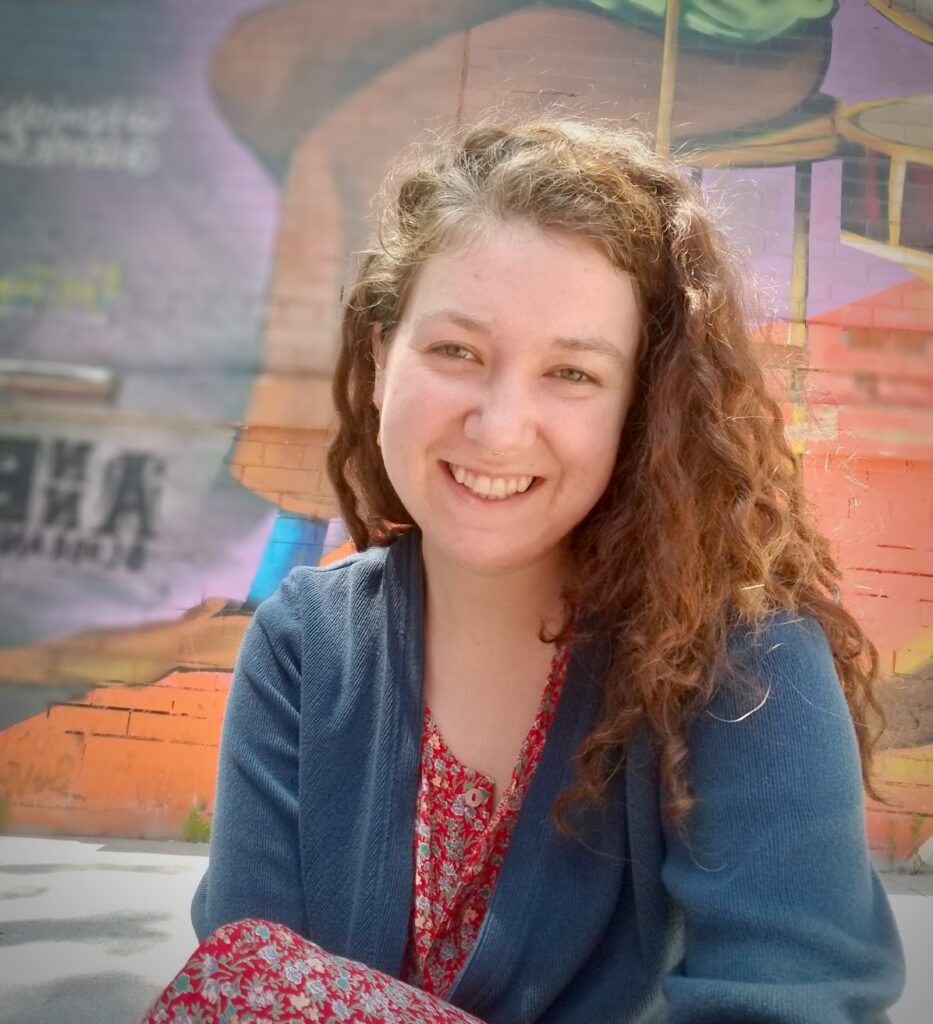
Sophie Marois is a PhD candidate in the Department of Sociology whose research interests lie at the intersection of cultural and political sociology, feminist and critical race studies, and the sociology of punishment. Her dissertation explores the commemorative politics of anti-Muslim violence in recent Canadian history, with the goal of understanding how commemoration can mend the social fabric and build solidarities. Sophie’s supervisor is Professor Ron Levi.
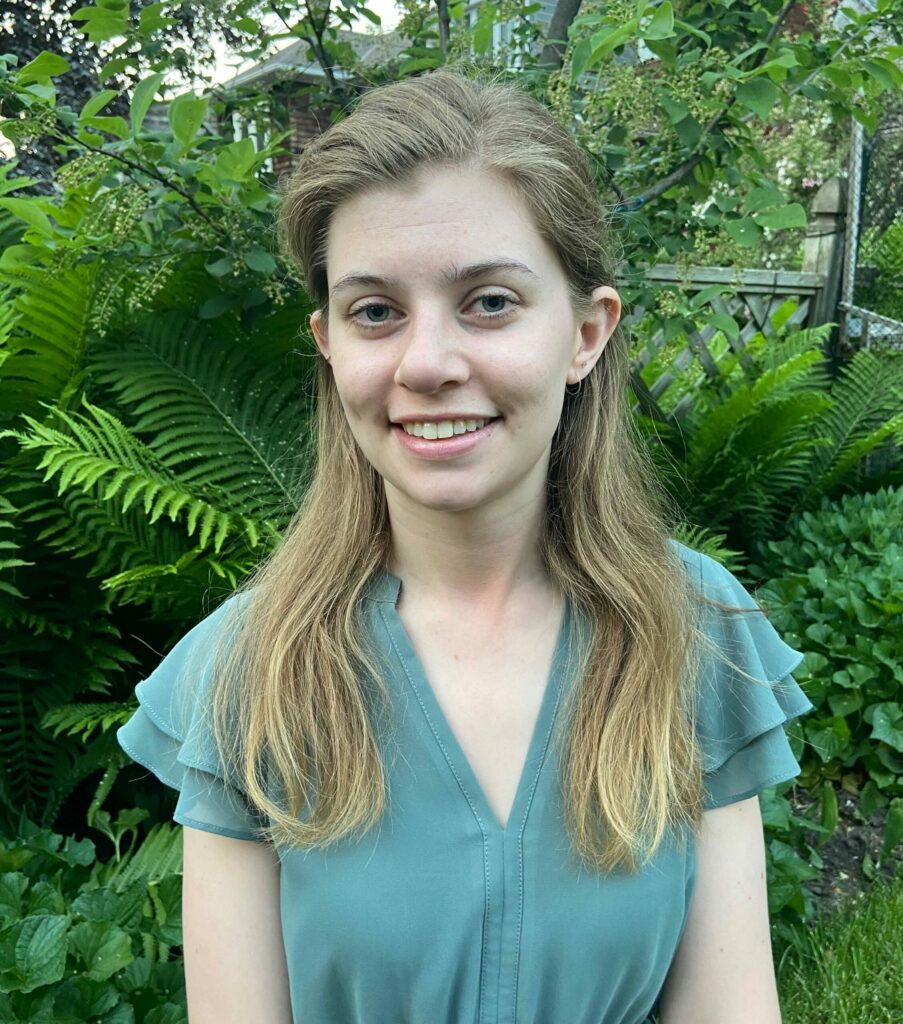
Markelle Morphet is a third-year PhD student in the Department of Ecology and Evolutionary Biology.Their research focuses on fish conservation, specifically comparing the efficiency of fish community sampling methods in partnership with the Saugeen Ojibway Nation (SON) on Lake Huron and Georgian Bay. Markelle’s projects follow SON guidelines on working together in an ethical space, while considering both Western and Indigenous Ecological Knowledge systems. Their work is supervised by Professor Nicholas Mandrak at the Scarborough campus.
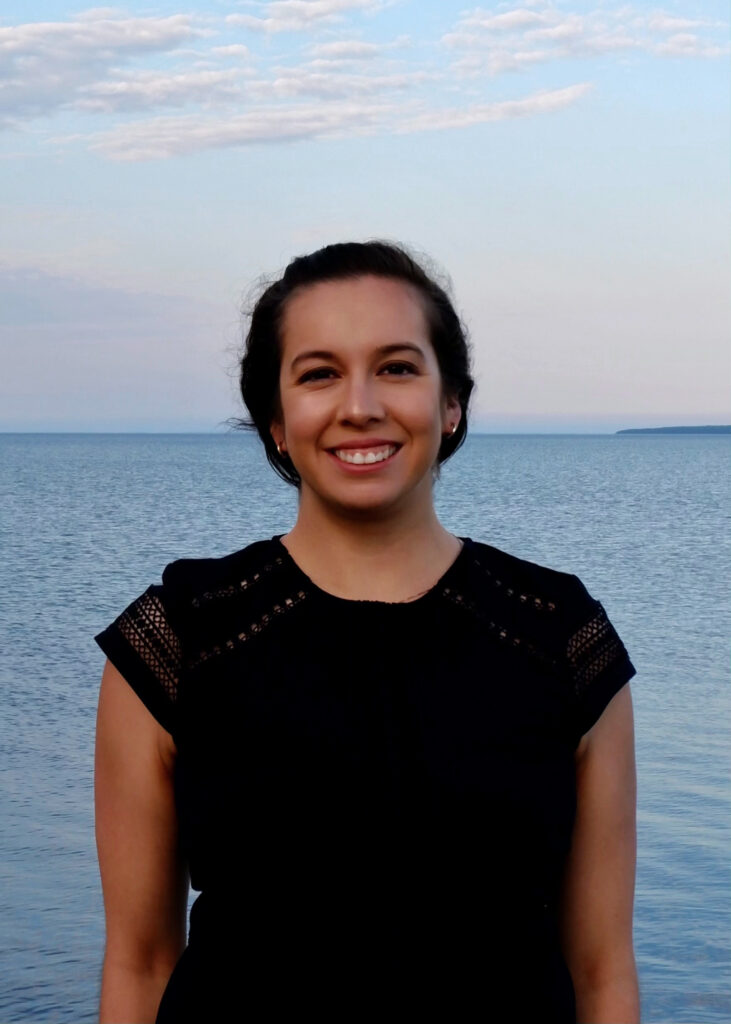
Shanna Peltier is a Ph.D. candidate in the School and Clinical Child Psychology program at the Ontario Institute for Studies in Education – University of Toronto. Her research seeks to give rise to culturally considerate and socio-politically entangled theories of complex death, namely Indigenous suicide, which is an ongoing and urgent health concern in Canada. Her doctoral dissertation aims to explore how the Anishinaabe health philosophy of mino-bimaadiziwin – “Good Living/The Good Life” – may prevent suicide and promote life within Indigenous communities. Shanna’s supervisor is Associate Professor Jeffrey Ansloos.
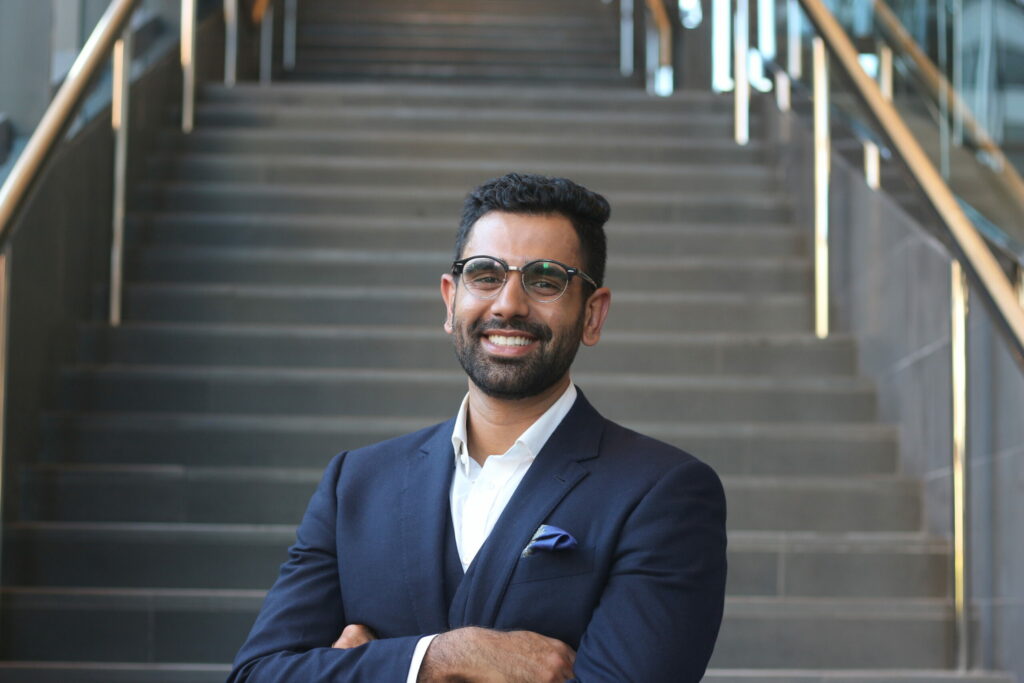
Joseph Sebastian is a PhD candidate in the Institute for Biomedical Engineering (Faculty of Applied Science and Engineering). His research aims to use a new type of ultrasound imaging to identify drugs that can reverse cardiac stiffening and arrythmias, pre-cursors to heart failure, in a miniature heart model. Ultimately, the ultrasound system is expected to assist researchers with screening the most appropriate drugs for heart failure treatment before testing them on Canadians. Joseph’s supervisor is Professor Craig A. Simmons.
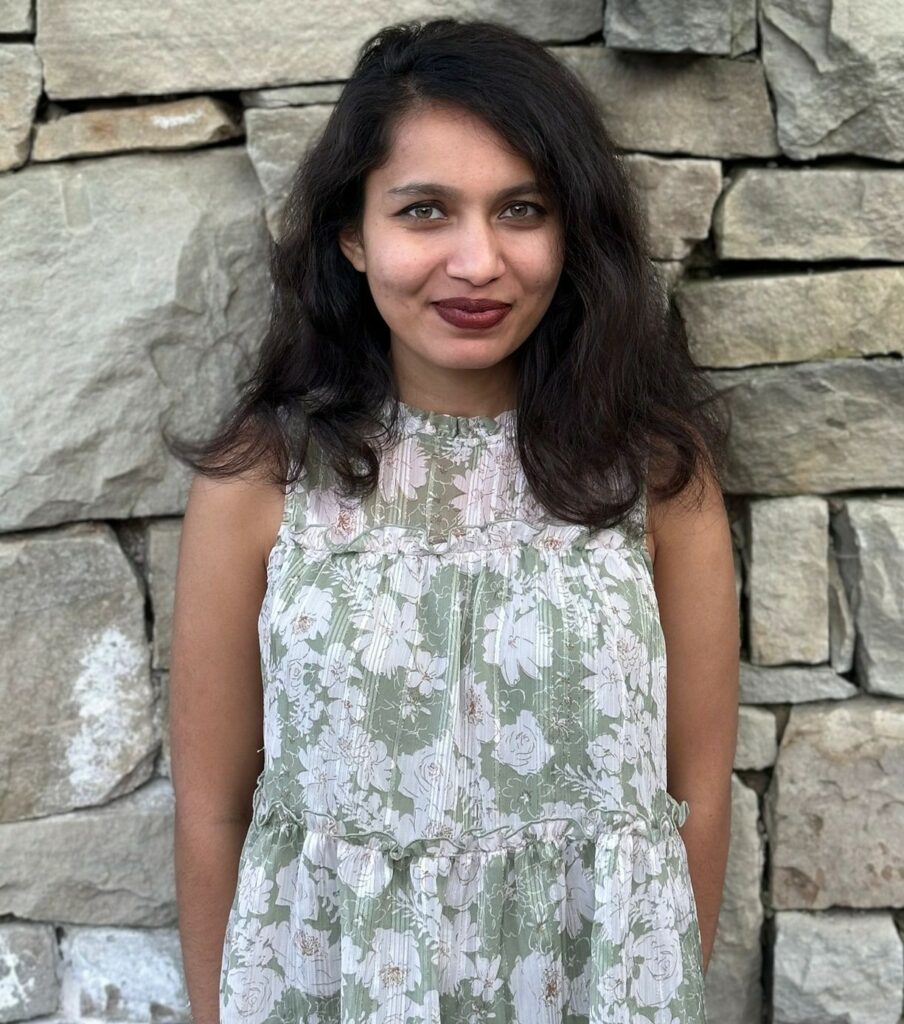
Farah Tahsin is a PhD candidate at the Institute for Health Policy, Management, and Evaluation at the Dalla Lana School of Public Health. Using both qualitative and quantitative methods, her research focuses on the impact of telehealth on the treatment burden for patients who have chronic health conditions and are of low socioeconomic means, with a view towards designing equitable telehealth solutions. Farah is supervised by Assistant Professor Carolyn Steele Gray.
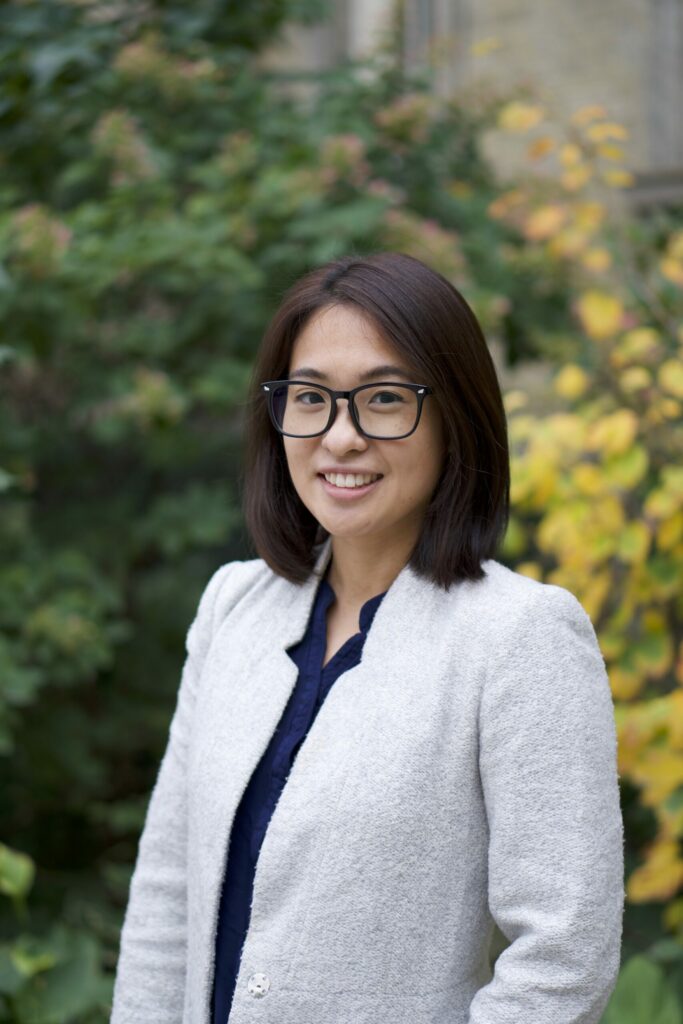
Michelle WY Tam is a PhD candidate at the Dalla Lana School of Public Health. Her dissertation aims to understand experiences of accessing assisted reproductive technologies (ART) for 2SLGBTQIA+ Black, Indigenous, and people of colour (BIPOC) seeking to expand their families. Using a reproductive justice approach, which argues that intersecting identities and experiences of inequalities shape decision making around reproduction, the project will examine clinical practices as well as policies, regulations, and laws surrounding ART. Michelle’s work is supervised by Associate Professor Lori E. Ross.
